The international refugee system, constructed in the aftermath of World War II, has enabled millions of refugees in every region to find safety in other countries. President Trump’s expected action to suspend all refugee resettlement to the United States and to impose additional restrictions on refugees from largely Muslim countries is a sad day for refugees and for cherished American values.
But these actions also threaten a carefully-constructed international system for responding to people fleeing persecution and conflict. This system was intended not only to protect the rights of those forced to flee violence but also to prevent refugees from threatening international peace and security. Today’s actions by President Trump, in the name of an “America First” foreign policy, threaten that system.
Beautiful despite blemishes
The system, grounded in the 1951 Refugee Convention and guided by the United Nations High Commissioner for Refugees, has proven remarkably adaptable over the past six decades. Originally intended to assist those displaced by World War II, it has saved the lives of millions of women, children, and men fleeing communist countries, persecution by repressive governments, civil wars, ethnic cleansing, genocide, and criminal gangs.
It has never functioned perfectly. Some countries never signed the Refugee Convention; some governments refused to allow refugees to enter their countries or forcibly returned refugees to countries where their lives were in danger; some have adopted increasingly restrictive definitions of refugees. Financial support to countries hosting refugees was never sufficient to cover their costs.
But somehow, frayed at the edges as it is, the system has continued to meet the needs of both refugees and the international community. The system was based on the concept of responsibility-sharing, reaffirmed in the New York Declaration less than six months ago. Responsibility-sharing means that the international community—and not just the countries where refugees happen to go—will step up. Countries experiencing a sudden influx of refugees have been reassured by this international commitment that they will not have to bear the burdens alone. It is in our national and our collective interest to make sure that refugees are cared for and that massive arrivals of refugees do not threaten peace and security.
Dominoes falling?
America has always played a king-sized role in the international refugee system. It has resettled millions of refugees from regions in turmoil, not only providing a benefit to individual refugees but also expressing a concrete commitment to responsibility-sharing. American leadership has led other governments to make commitments to refugees, most recently in the September 2016 Leaders’ Summit. In recent years, the United States has been in the forefront of efforts to address issues such as sexual and gender-based violence and the rights of LGBTI refugees. And over the years, the United States has expressed its commitment to humanitarian principles by assisting refugees on the basis of need and not because of their religious affiliation. Lives have been saved and the international system has been supported because of U.S. leadership.
The actions by the Trump administration will close doors to refugees—whom federal law already requires undergo thorough vetting. This is a major problem, both for its direct effects and for possible ripples internationally. The move denies refugees the chance to start new lives in the United States and to enrich our communities. More broadly, it is another blow to an already fragile international system. If U.S. refugee policy excludes those fleeing violence in Muslim majority countries, why shouldn’t other countries impose similar exclusions? If future U.S. refugee policy is based on a narrow implementation of “America First,” why should Lebanon or Tanzania or a hundred other countries continue to receive refugees? After all, over 85 percent of the world’s refugees are hosted by developing countries with far fewer resources than the United States. If the United States slams the door, why should other countries keep theirs open, and what would that mean around the world? If countries neighboring Syria, for instance, were to close their borders or to return Syrian refugees to a bloodbath, the results would be unconscionable from a humanitarian perspective, disastrous from a regional stability one, and deeply detrimental to U.S. and international interests.
The Brookings Institution is committed to quality, independence, and impact.
We are supported by a diverse array of funders. In line with our values and policies, each Brookings publication represents the sole views of its author(s).
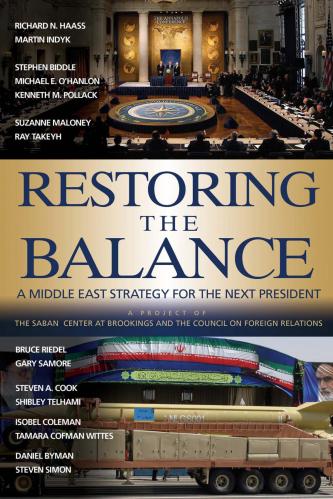
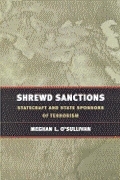

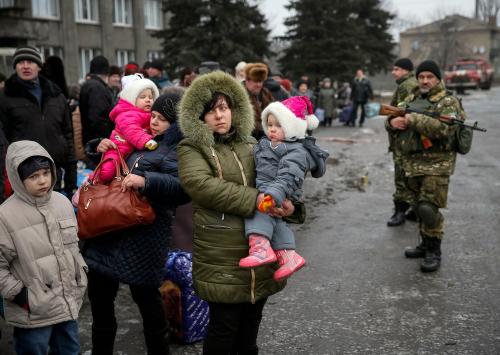
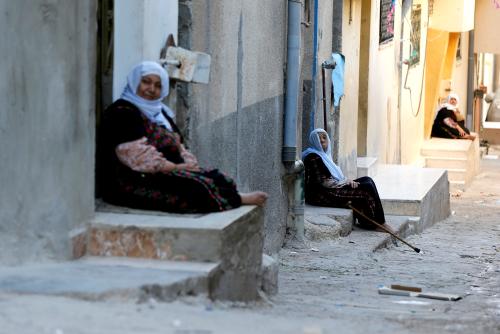
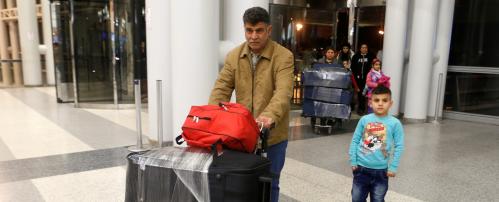


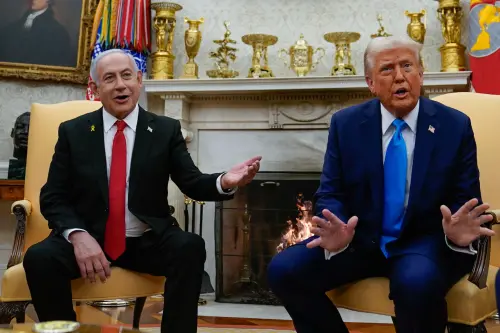
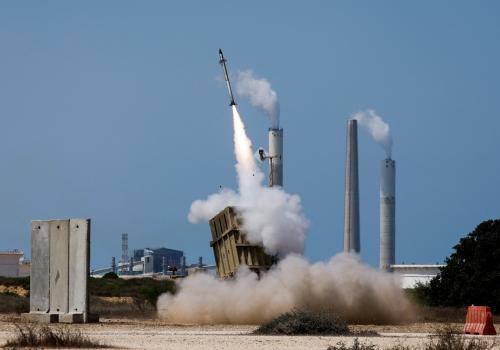
Commentary
The disastrous ripple effects of Trump’s executive action on refugee resettlement
January 26, 2017